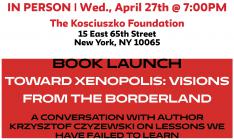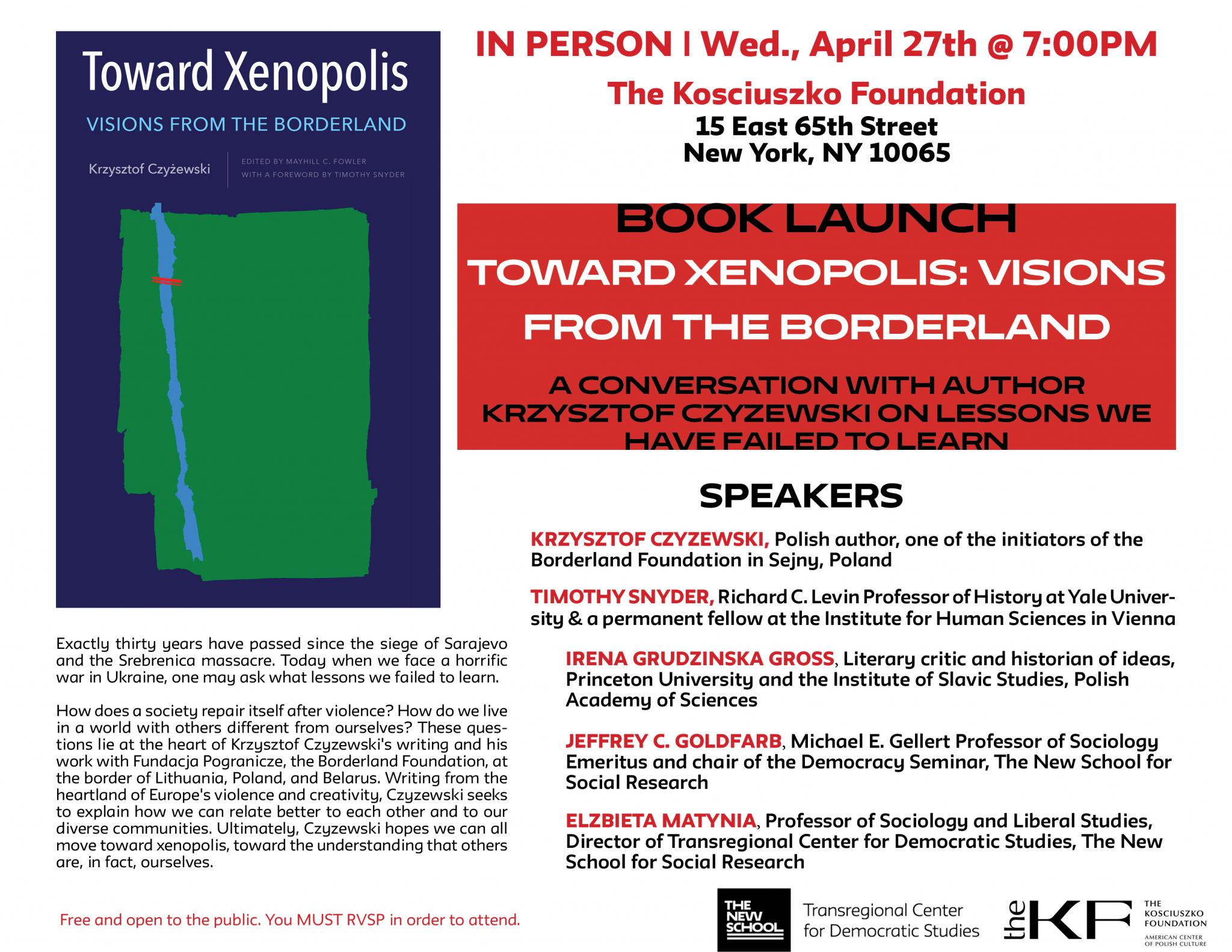
Past events
Book Launch - Toward Xenopolis: Visions from the Borderland - A conversation with author Krzysztof Czyżewski on lessons we have failed to learn
Wednesday, April 27, 2022, at 7:00pm
Exactly thirty years have passed since the siege of Sarajevo and the Srebrenica massacre. Today when we face a horrific war in Ukraine, one may ask what lessons we failed to learn.
How does a society repair itself after violence? How do we live in a world with others different from ourselves? These questions lie at the heart of Krzysztof Czyzewski's writing and his work with Fundacja Pogranicze, the Borderland Foundation, at the border of Lithuania, Poland, and Belarus. Writing from the heartland of Europe's violence and creativity, Czyzewski seeks to explain how we can relate better to each other and to our diverse communities. Ultimately, Czyzewski hopes we can all move toward xenopolis, toward the understanding that others are, in fact, ourselves.
Please join us for a conversation with Krzysztof Czyzewski, Timothy Snyder, Irena Grudzińska Gross, Jeffrey C. Goldfarb and Elzbieta Matynia.
Book Launch
Toward Xenopolis: Visions from the Borderland
A conversation with author Krzysztof Czyzewski on lessons we have failed to learn.
Featured speakers:
● Krzysztof Czyżewski, Polish author, one of the initiators of the Borderland Foundation in Sejny, Poland
● Timothy Snyder, Richard C. Levin Professor of History, Yale University
● Irena Grudzińska Gross, Literary critic and historian of ideas, Princeton University and the Institute of Slavic Studies, Polish Academy of Sciences
● Jeffrey C. Goldfarb, Michael E. Gellert Professor of Sociology Emeritus at The New School for Social Research and chair of the Democracy Seminar, The New School for Social Research
● Elzbieta Matynia, Professor of Sociology and Liberal Studies, Director of Transregional Center for Democratic Studies, The New School for Social Research
Wednesday, April 27, 7:00 PM
The Kosciuszko Foundation: 15 E 65th Street, New York, NY 10065
The event is co-presented by the Kosciuszko Foundation, the Transregional Center for Democratic Studies (TCDS ) and the Democracy Seminar at The New School for Social Research.
Free and open to the public. Space is limited. Registration is required.
Attendees are recommended to wear a mask or other face-covering at all times while at the premises of the Foundation.
SPEAKERS:
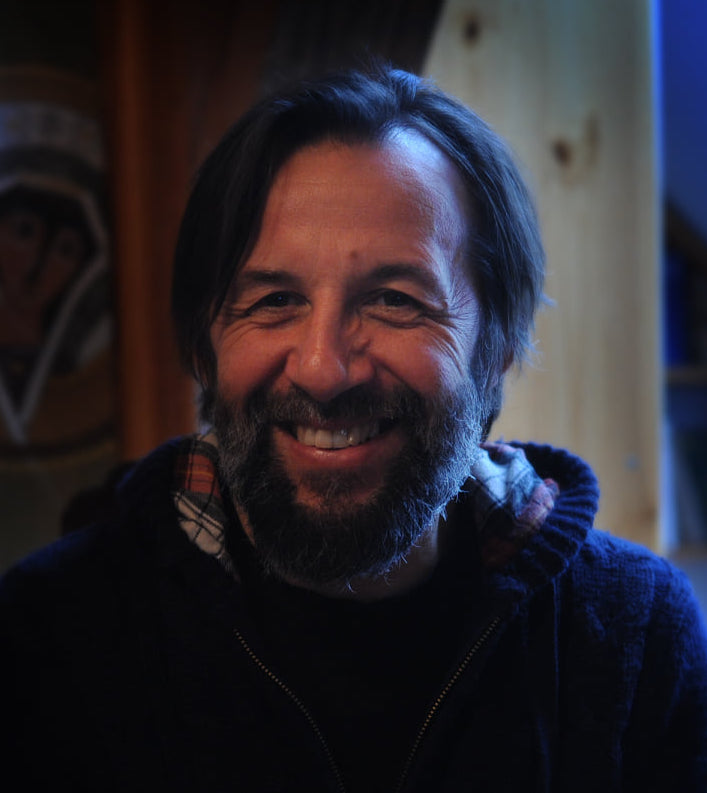 Krzystof Czyżewski is a practitioner of ideas, writer, philosopher, culture animator, theatre director, editor. He is co-founder and president of the Borderland Foundation (1990) and director of the Centre "Borderland of Arts, Cultures and Nations" in Sejny. Together with his team, in Krasnogruda on the Polish-Lithuanian border he revitalized a manor house once belonged to Czesław Miłosz family, and initiated there an International Center for Dialog (2011). Among his books are: The Path of the Borderland (2001), Line of Return (2008), Trust & Identity: A Handbook of Dialog (2011), Miłosz – Dialog – Borderland (2013), Miłosz. A Connective Tissue (2014), The Krasnogruda Bridge. A Bridge-Builder's Toolkit (2016), A Small Center of the World. Notes of the Practitioner of Ides (2017, Tischner Award for the best essayist book of the year), Żegaryszki (2018, haiku poems), and Towar Xenopolis (2019). Initiator of intercultural dialogue programs in Europe, Caucasus, Israel, Central Asia, Indonesia, Bhutan and USA. Teacher and lecturer, a visiting professor of Rutgers University and University of Bologna. He received the title of the Ambassador of European Year of Intercultural Dialog (Brussels). He is a laureate of Dan David Prize 2014 and Irena Sendlerowa Prize 2015. Together with the Borderland team he is the 2018 Princess Margriet European Award for Culture (Amsterdam) laureate.
Krzystof Czyżewski is a practitioner of ideas, writer, philosopher, culture animator, theatre director, editor. He is co-founder and president of the Borderland Foundation (1990) and director of the Centre "Borderland of Arts, Cultures and Nations" in Sejny. Together with his team, in Krasnogruda on the Polish-Lithuanian border he revitalized a manor house once belonged to Czesław Miłosz family, and initiated there an International Center for Dialog (2011). Among his books are: The Path of the Borderland (2001), Line of Return (2008), Trust & Identity: A Handbook of Dialog (2011), Miłosz – Dialog – Borderland (2013), Miłosz. A Connective Tissue (2014), The Krasnogruda Bridge. A Bridge-Builder's Toolkit (2016), A Small Center of the World. Notes of the Practitioner of Ides (2017, Tischner Award for the best essayist book of the year), Żegaryszki (2018, haiku poems), and Towar Xenopolis (2019). Initiator of intercultural dialogue programs in Europe, Caucasus, Israel, Central Asia, Indonesia, Bhutan and USA. Teacher and lecturer, a visiting professor of Rutgers University and University of Bologna. He received the title of the Ambassador of European Year of Intercultural Dialog (Brussels). He is a laureate of Dan David Prize 2014 and Irena Sendlerowa Prize 2015. Together with the Borderland team he is the 2018 Princess Margriet European Award for Culture (Amsterdam) laureate.
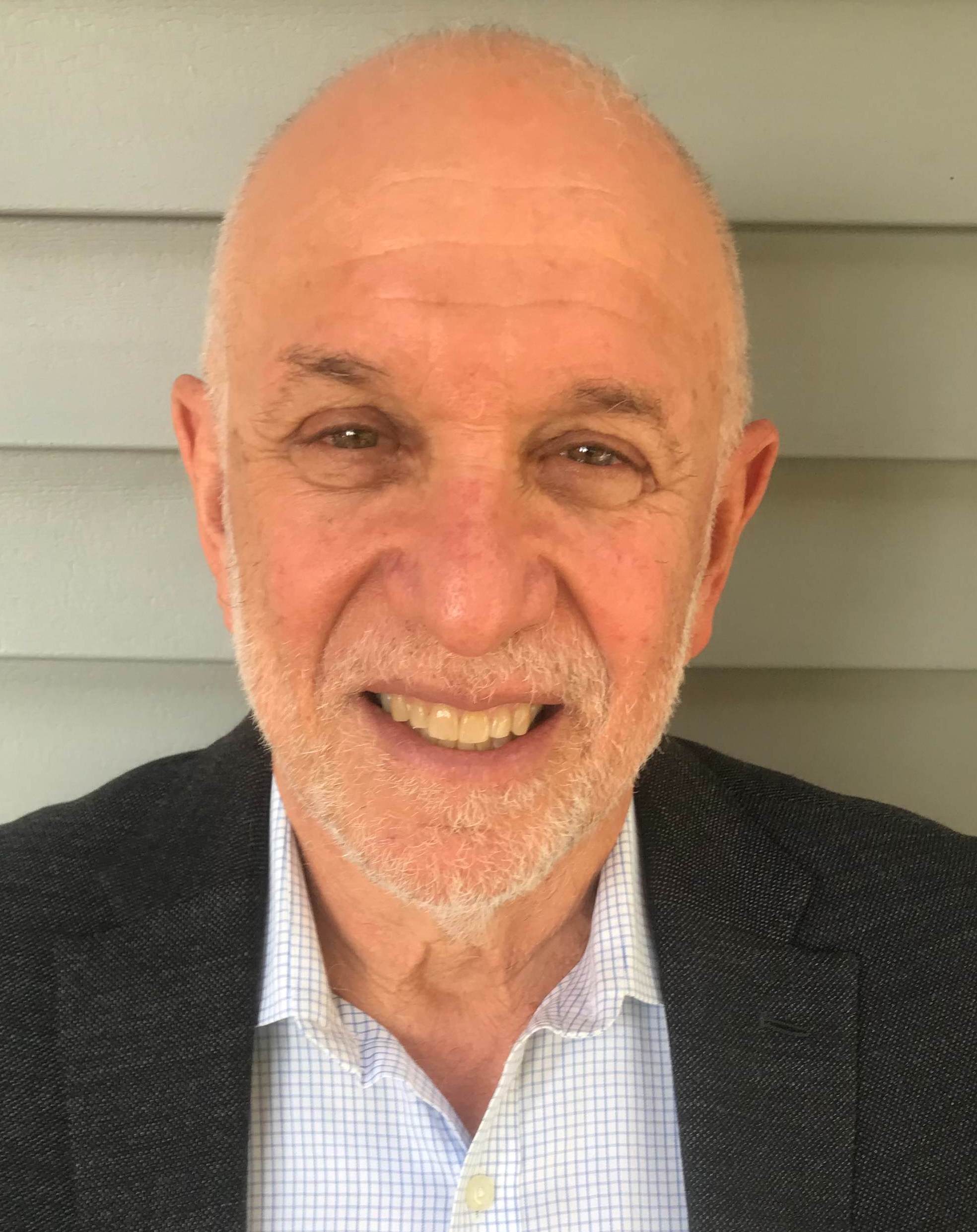 Jeffrey C. Goldfarb is the Michael E. Gellert Professor of Sociology Emeritus at The New School for Social Research. He is the author of dozens of articles and eight books, including Reinventing Political Culture: The Power of Culture versus the Culture of Power, The Politics of Small Things: The Power of the Powerless in Dark Times and Civility and Subversion: The Intellectual in Democratic Society. He is the founder of the online magazine Public Seminar and the convener of The Democracy Seminar, first developed in the 1980s as an exchange between oppositionist groups in Central Europe and the United States, and in 2018 reconvened as a "World Wide Committee of Democratic Correspondence." Jeffrey C. Goldfarb lived in Poland in 1973-4 doing the research for his dissertation on Polish Student Theater. He collaborated with the democratic opposition before Solidarnosc and worked with Solidarnosc both above and below ground in the 1980s. Since 1989, he has annually returned to Poland to teach in an institute on Democracy and Diversity. For his work in Poland, he received the Solidarity Medal, presented by former President Lech Walesa, on behalf of the Polish government, in recognition of support for Solidarity, commemorating its 25th anniversary, September 28, 2005, and the Medal of Gratitude, from the European Solidarity Centre, Gdansk, Poland, 2012.
Jeffrey C. Goldfarb is the Michael E. Gellert Professor of Sociology Emeritus at The New School for Social Research. He is the author of dozens of articles and eight books, including Reinventing Political Culture: The Power of Culture versus the Culture of Power, The Politics of Small Things: The Power of the Powerless in Dark Times and Civility and Subversion: The Intellectual in Democratic Society. He is the founder of the online magazine Public Seminar and the convener of The Democracy Seminar, first developed in the 1980s as an exchange between oppositionist groups in Central Europe and the United States, and in 2018 reconvened as a "World Wide Committee of Democratic Correspondence." Jeffrey C. Goldfarb lived in Poland in 1973-4 doing the research for his dissertation on Polish Student Theater. He collaborated with the democratic opposition before Solidarnosc and worked with Solidarnosc both above and below ground in the 1980s. Since 1989, he has annually returned to Poland to teach in an institute on Democracy and Diversity. For his work in Poland, he received the Solidarity Medal, presented by former President Lech Walesa, on behalf of the Polish government, in recognition of support for Solidarity, commemorating its 25th anniversary, September 28, 2005, and the Medal of Gratitude, from the European Solidarity Centre, Gdansk, Poland, 2012.
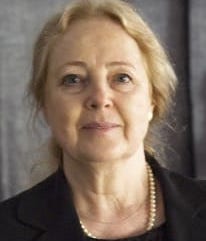 Irena Grudzińska Gross emigrated from her native Poland after student unrest of 1968. She studied in Poland, Italy and in the United States; she received her PhD from Columbia University in 1982. She taught East-Central European history and literature at Emory, New York, Boston and Princeton universities. Her books include Golden Harvest with Jan T. Gross, Oxford University Press, 2012, Czesław Miłosz and Joseph Brodsky: Fellowship of Poets, Yale University Press, 2009, and The Scar of Revolution: Tocqueville, Custine and the Romantic Imagination, University of California Press, 1995. She edited books on literature and the transformation process in Central and Eastern Europe and published numerous book chapters and articles on these subjects in the international press and periodicals. Between 1998-2003, she was responsible for the East-Central European Program at the Ford Foundation. As a Guggenheim Fellow she is working on a biography of Alexander Weissberg-Cybulski (1901-1964), an Austrian-Jewish physicist, political prisoner, writer, businessman, communist, then anti-communist and gambler. His life will be an entry point into the most important phenomena in twentieth-century East-Central European Jewish history: social mobility limited by violence and discrimination, assimilation through education and politics, internationalism versus national affiliation, family discontinuities, and geographic displacement. Weissberg's life, the story of his milieu and that story's aftereffects on her own post-World War II generation will constitute three aspects of that book.
Irena Grudzińska Gross emigrated from her native Poland after student unrest of 1968. She studied in Poland, Italy and in the United States; she received her PhD from Columbia University in 1982. She taught East-Central European history and literature at Emory, New York, Boston and Princeton universities. Her books include Golden Harvest with Jan T. Gross, Oxford University Press, 2012, Czesław Miłosz and Joseph Brodsky: Fellowship of Poets, Yale University Press, 2009, and The Scar of Revolution: Tocqueville, Custine and the Romantic Imagination, University of California Press, 1995. She edited books on literature and the transformation process in Central and Eastern Europe and published numerous book chapters and articles on these subjects in the international press and periodicals. Between 1998-2003, she was responsible for the East-Central European Program at the Ford Foundation. As a Guggenheim Fellow she is working on a biography of Alexander Weissberg-Cybulski (1901-1964), an Austrian-Jewish physicist, political prisoner, writer, businessman, communist, then anti-communist and gambler. His life will be an entry point into the most important phenomena in twentieth-century East-Central European Jewish history: social mobility limited by violence and discrimination, assimilation through education and politics, internationalism versus national affiliation, family discontinuities, and geographic displacement. Weissberg's life, the story of his milieu and that story's aftereffects on her own post-World War II generation will constitute three aspects of that book.
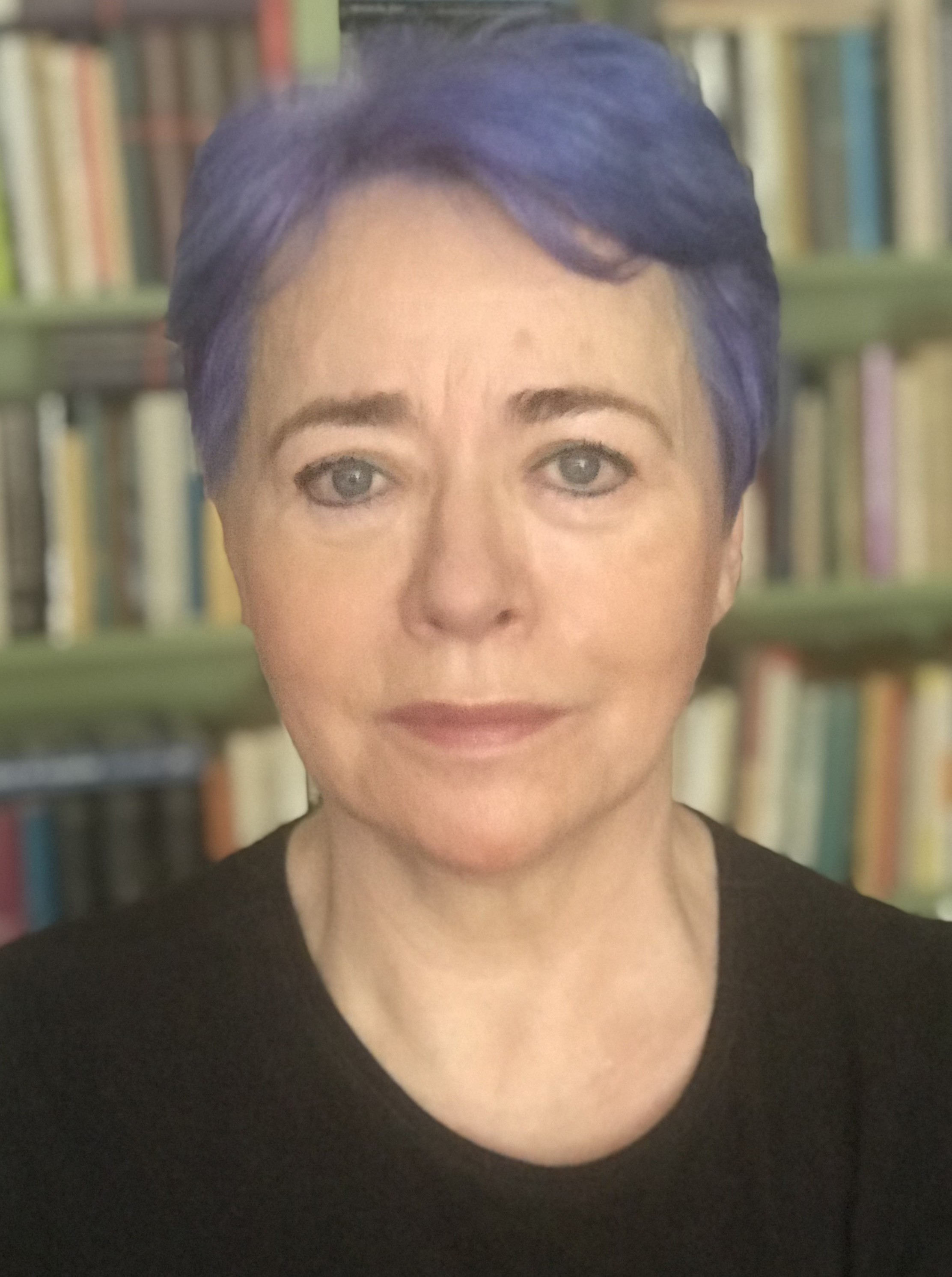 Elzbieta Matynia is Professor of Sociology and Liberal Studies, and founding director of The Transregional Center for Democratic Studies (TCDS). Her research in political and cultural sociology focuses on democratic transformations, gender and democracy, the borderlands of a shared Europe, and more recently on the challenges faced by democracies emerging with a legacy of violence. Her book Performative Democracy (2009) examines a potential in political life that easily escapes theorists: the indigenously inspired enacting of democracy by citizens, and identifies the conditions for performativity in public life. Challenges following 1989 are explored in her books Grappling with Democracy (1995), The Social Science in Transition: The Case of Central and Eastern Europe, and An Uncanny Era. Conversations between Adam Michnik and Vaclav Havel (2013). More recent publications include "The Promise of Active Freedom" (2018), "How to Kill a Democracy?" (2019), "Is Liberal Democracy Already History?" (2020). As head of TCDS, she has developed and directs international Democracy & Diversity Institutes for rigorous study and cross-cultural research on the critical issues facing today's world. A Fulbright research scholar in South Africa, she is working on a book, Democracy After Violence. Elzbieta is a member of the editorial board of Social Research.
Elzbieta Matynia is Professor of Sociology and Liberal Studies, and founding director of The Transregional Center for Democratic Studies (TCDS). Her research in political and cultural sociology focuses on democratic transformations, gender and democracy, the borderlands of a shared Europe, and more recently on the challenges faced by democracies emerging with a legacy of violence. Her book Performative Democracy (2009) examines a potential in political life that easily escapes theorists: the indigenously inspired enacting of democracy by citizens, and identifies the conditions for performativity in public life. Challenges following 1989 are explored in her books Grappling with Democracy (1995), The Social Science in Transition: The Case of Central and Eastern Europe, and An Uncanny Era. Conversations between Adam Michnik and Vaclav Havel (2013). More recent publications include "The Promise of Active Freedom" (2018), "How to Kill a Democracy?" (2019), "Is Liberal Democracy Already History?" (2020). As head of TCDS, she has developed and directs international Democracy & Diversity Institutes for rigorous study and cross-cultural research on the critical issues facing today's world. A Fulbright research scholar in South Africa, she is working on a book, Democracy After Violence. Elzbieta is a member of the editorial board of Social Research.
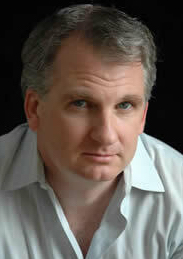 Timothy Snyder is the Richard C. Levin Professor of History at Yale University and a permanent fellow at the Institute for Human Sciences in Vienna. He speaks five and reads ten European languages. His ten chief books are Nationalism, Marxism, and Modern Central Europe: A Biography of Kazimierz Kelles-Krauz (1998); The Reconstruction of Nations: Poland, Ukraine, Lithuania, Belarus, 1569-1999 (2003); Sketches from a Secret War: A Polish Artist's Mission to Liberate Soviet Ukraine (2005); The Red Prince: The Secret Lives of a Habsburg Archduke (2008); Bloodlands: Europe Between Hitler and Stalin (2010), Thinking the Twentieth Century (with Tony Judt, 2012); Black Earth: The Holocaust as History and Warning (2015); On Tyranny: Twenty Lessons from the Twentieth Century (2017); The Road to Unfreedom: Russia, Europe, America (2018); and Our Malady: Lessons in Liberty from a Hospital Diary (2020). He has also co-edited three further books: The Wall Around the West: State Borders and Immigration Controls in Europe and North America (2001); Stalin and Europe: Terror, War, Domination (2013); and The Balkans as Europe (2018). His essays are collected in Ukrainian History, Russian Politics, European Futures (2014), and The Politics of Life and Death (2015). Snyder's work has appeared in forty languages and has received a number of prizes, including the Emerson Prize in the Humanities, the Literature Award of the American Academy of Arts and Letters, the Václav Havel Foundation prize, the Foundation for Polish Science prize in the social sciences, the Leipzig Award for European Understanding, the Dutch Auschwitz Committee award, and the Hannah Arendt Prize in Political Thought. Snyder was a Marshall Scholar at Oxford, has received the Carnegie and Guggenheim fellowships, and holds state orders from Estonia, Lithuania, and Poland. He has appeared in documentaries, on network television, and in major films. His books have inspired poster campaigns and exhibitions, films, sculpture, a punk rock song, a rap song, a play, and an opera. His words are quoted in political demonstrations around the world, most recently in Hong Kong. He is researching a family history of nationalism and finishing a philosophical book about freedom.
Timothy Snyder is the Richard C. Levin Professor of History at Yale University and a permanent fellow at the Institute for Human Sciences in Vienna. He speaks five and reads ten European languages. His ten chief books are Nationalism, Marxism, and Modern Central Europe: A Biography of Kazimierz Kelles-Krauz (1998); The Reconstruction of Nations: Poland, Ukraine, Lithuania, Belarus, 1569-1999 (2003); Sketches from a Secret War: A Polish Artist's Mission to Liberate Soviet Ukraine (2005); The Red Prince: The Secret Lives of a Habsburg Archduke (2008); Bloodlands: Europe Between Hitler and Stalin (2010), Thinking the Twentieth Century (with Tony Judt, 2012); Black Earth: The Holocaust as History and Warning (2015); On Tyranny: Twenty Lessons from the Twentieth Century (2017); The Road to Unfreedom: Russia, Europe, America (2018); and Our Malady: Lessons in Liberty from a Hospital Diary (2020). He has also co-edited three further books: The Wall Around the West: State Borders and Immigration Controls in Europe and North America (2001); Stalin and Europe: Terror, War, Domination (2013); and The Balkans as Europe (2018). His essays are collected in Ukrainian History, Russian Politics, European Futures (2014), and The Politics of Life and Death (2015). Snyder's work has appeared in forty languages and has received a number of prizes, including the Emerson Prize in the Humanities, the Literature Award of the American Academy of Arts and Letters, the Václav Havel Foundation prize, the Foundation for Polish Science prize in the social sciences, the Leipzig Award for European Understanding, the Dutch Auschwitz Committee award, and the Hannah Arendt Prize in Political Thought. Snyder was a Marshall Scholar at Oxford, has received the Carnegie and Guggenheim fellowships, and holds state orders from Estonia, Lithuania, and Poland. He has appeared in documentaries, on network television, and in major films. His books have inspired poster campaigns and exhibitions, films, sculpture, a punk rock song, a rap song, a play, and an opera. His words are quoted in political demonstrations around the world, most recently in Hong Kong. He is researching a family history of nationalism and finishing a philosophical book about freedom.
CO-SPONSORS:
The Transregional Center for Democratic Studies - TCDS's transregional and cross-departmental research and study programs, conducted both at home and abroad, bring together civic-minded students, junior and senior scholars, and civil society actors from various regional contexts. Our activities — region-based institutes, workshops, conferences, talks, and fellowships — are designed to further strengthen social and human capital, i.e., individuals and organizations concerned with the promise and sustainability of democracy. Our flagship projects have been the annual Democracy & Diversity Graduate Summer Institutes (held in Poland since 1991 and also in South Africa from 1999 to 2015), aimed at a rigorous quest for a more textured understanding of the precariousness of democracy as it arises almost everywhere.
The Kosciuszko Foundation is dedicated to promote educational and cultural exchanges between the United States and Poland and to increase American understanding of Polish culture and history. Founded in 1925, on the eve of the 150th anniversary of Thaddeus Kosciuszko's enlistment in the American revolutionary cause, the Foundation is a national not-for-profit, nonpartisan, and nonsectarian organization. The Foundation's work reaches audiences throughout the United States, through its headquarters in New York City and its regional Chapters in Chicago, Denver (Rocky Mountain), Houston (Texas), Philadelphia, Pittsburgh, Springfield (New England), Buffalo (Western New York State), Ohio (Cleveland) as well as through its National Advisory Council.
The Democracy Seminar is a project convened by publisher and founding editor Jeffrey Goldfarb and senior editors Elzbieta Matynia and Jeffrey C. Isaac. This world-wide discussion among pro-democracy intellectuals and activists addresses the political, social and cultural obstacles to democratic governance; investigates the rise and appeal of illiberal philosophies and practices; and explores ways for rolling back autocratic politics.

